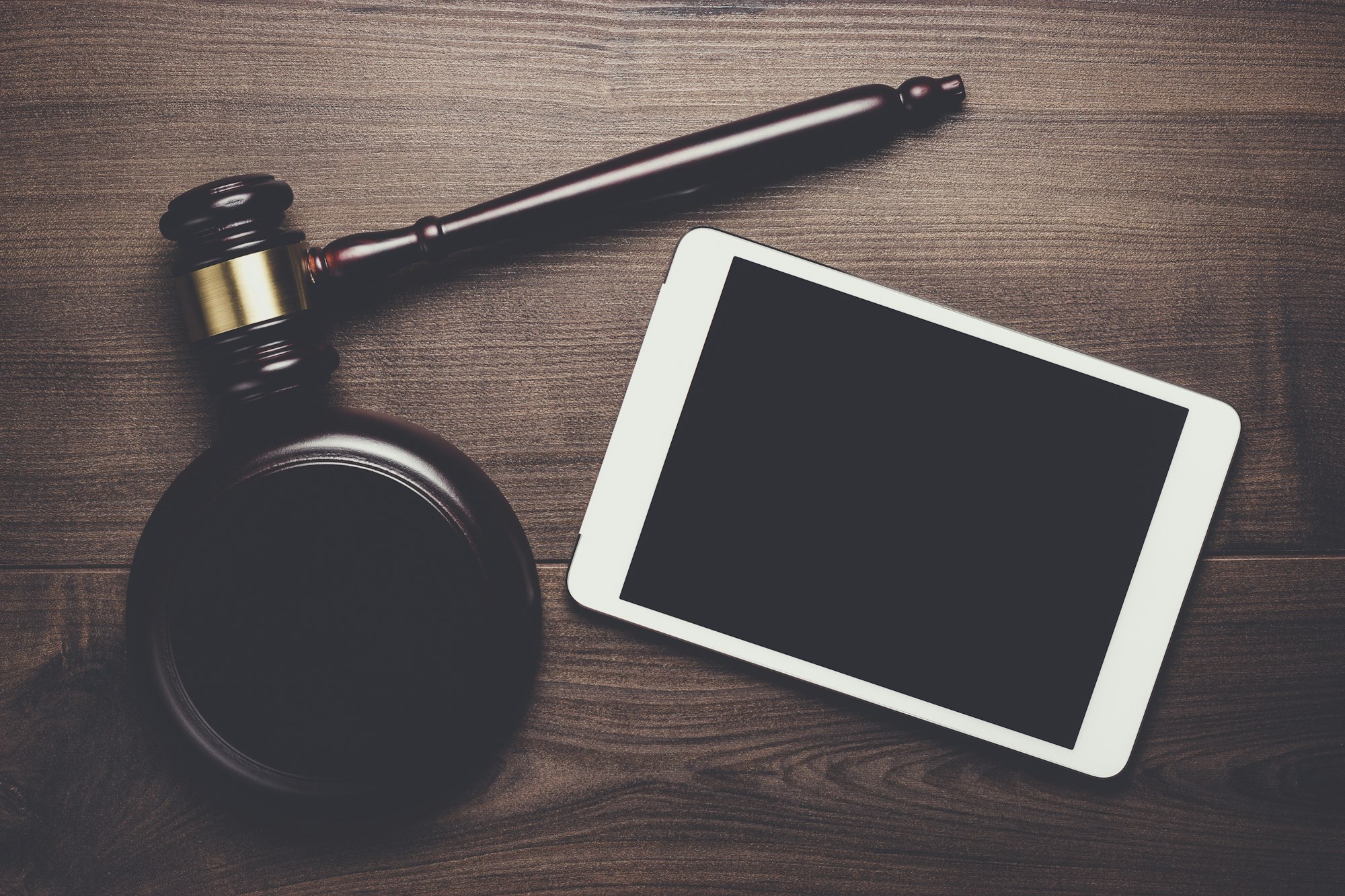A Quick Look at How Online Free Speech Issues Reach the Supreme Court
As we dive deeper into the digital age, the U.S. Supreme Court is super important in deciding how the First Amendment (that’s the free speech one) works on the internet. We’re looking at some recent and upcoming court cases that test the old rules and could change how we use the web, balancing our right to speak freely against the need to keep things orderly online.

A Bit of Background on the Supreme Court’s Take
In the past, the Supreme Court said it’s okay for private companies, like social media giants, to check and control what’s said on their platforms. This idea started getting nailed down in the 1990s and early 2000s. The main takeaway? Even though the internet feels like a big open space for everyone, companies that own the platforms can still have the final say in managing what goes on there, without the government stepping in too much.
What’s the Big Deal in Court Now?
Can Social Media Be Blamed for What Users Say?
Lately, the courts have said that social media sites shouldn’t get in trouble for stuff their users post, even if it’s really bad. This came up with cases trying to make platforms pay for harmful posts linked to terrorist groups. The Supreme Court has kept up a sort of safety net for these companies, encouraging them not to meddle too much in user content.
Can Politicians Block You Online?
It’s also been decided that government people can’t just block someone from their social media if they don’t agree with their political views. This supports the idea that places like Twitter or Facebook are kind of like public parks where everyone should have a chance to speak.
What’s Still Being Argued?
Should Social Media Have to Keep All Political Posts?
There’s a big debate on whether platforms can be made to keep political posts, especially after some high-profile politicians got kicked off. We’re waiting for more court decisions to really define how much social media can control what’s posted, without stepping on free speech rights.
Can the Government Tell Platforms to Take Down Posts?
There are also cases out there testing if the U.S. government can push platforms to remove certain posts. How this pans out could really set the stage for how much the government can interfere in our online spaces.
What About Online Porn and Foreign Social Media?
Other hot topics include how much access we should have to online pornography—balancing privacy with safety—and whether apps like TikTok can be banned because they’re owned by companies in other countries. These issues touch on both privacy and national security.
What This All Means for You
The outcomes of these legal battles could change how freely we can talk online, maybe leading us to a future where our online chats are more controlled, or keeping things as they are with private companies mostly in charge.
Let’s keep an eye on how these court decisions unfold, shaping how we can express ourselves and protect our privacy online.

Frequently Asked Questions About Internet Free Speech and the Supreme Court
- Why does it matter if the Supreme Court decides on internet speech?
Imagine a world where everything you post online could be scrutinized or even censored based on vague rules. Scary, right? The Supreme Court’s decisions help protect our freedom to speak our minds online, just like we would in a town square. They’re crucial in making sure our voices aren’t unfairly silenced and that the rules are clear and fair for everyone. - Can social media platforms really delete or block whatever they want?
It feels frustrating when your post disappears or you find out you’ve been blocked, doesn’t it? Legally, yes, social media platforms have a lot of power to decide what stays and what goes on their sites. The Supreme Court has supported this by emphasizing that these platforms, like Facebook or Twitter, are private companies with their own rules. However, they’re also looking at how these actions affect our rights, so it’s a heated debate with more to unfold. - What changes might we see regarding online free speech in the future?
The digital world is always evolving, and so are the laws that govern it. Depending on upcoming legal decisions, we might see stricter rules about what can be said online or stronger protections for our free speech. Especially with new technologies and social media platforms popping up, the future could bring a more regulated internet or one where freedom of expression is even more robustly defended. Let’s stay tuned and see how it shapes up!
Sources The New York Times


